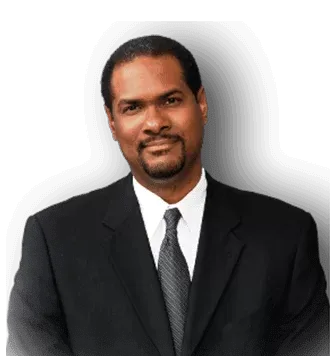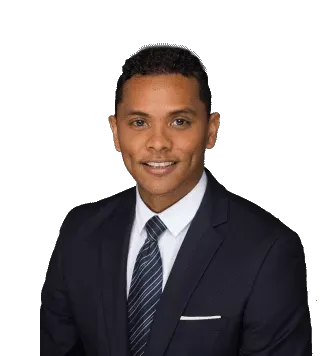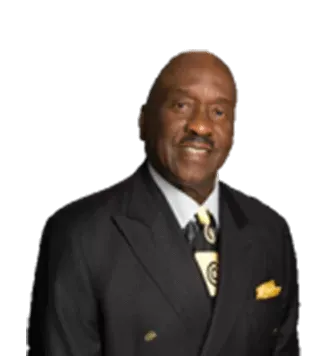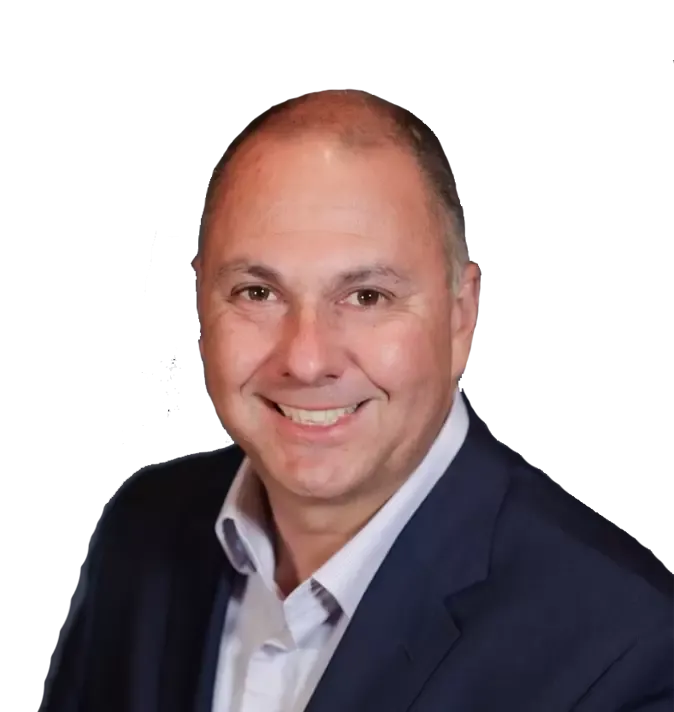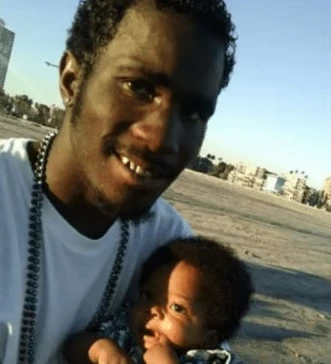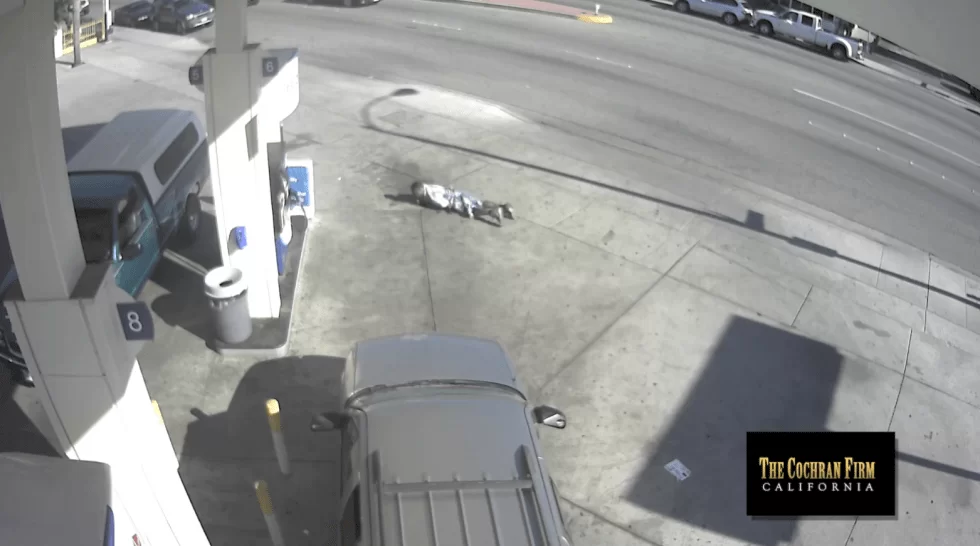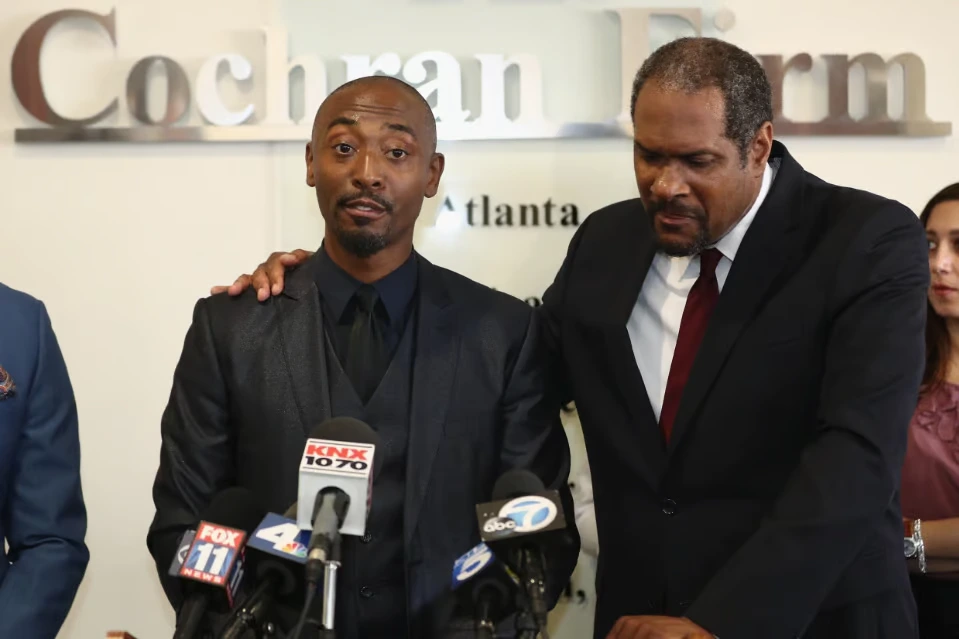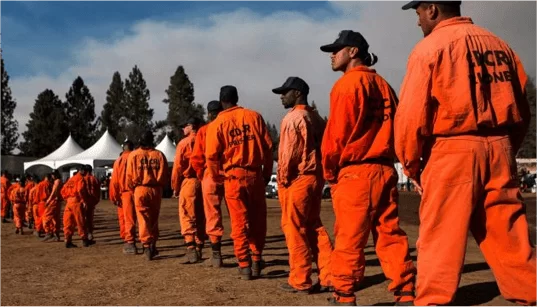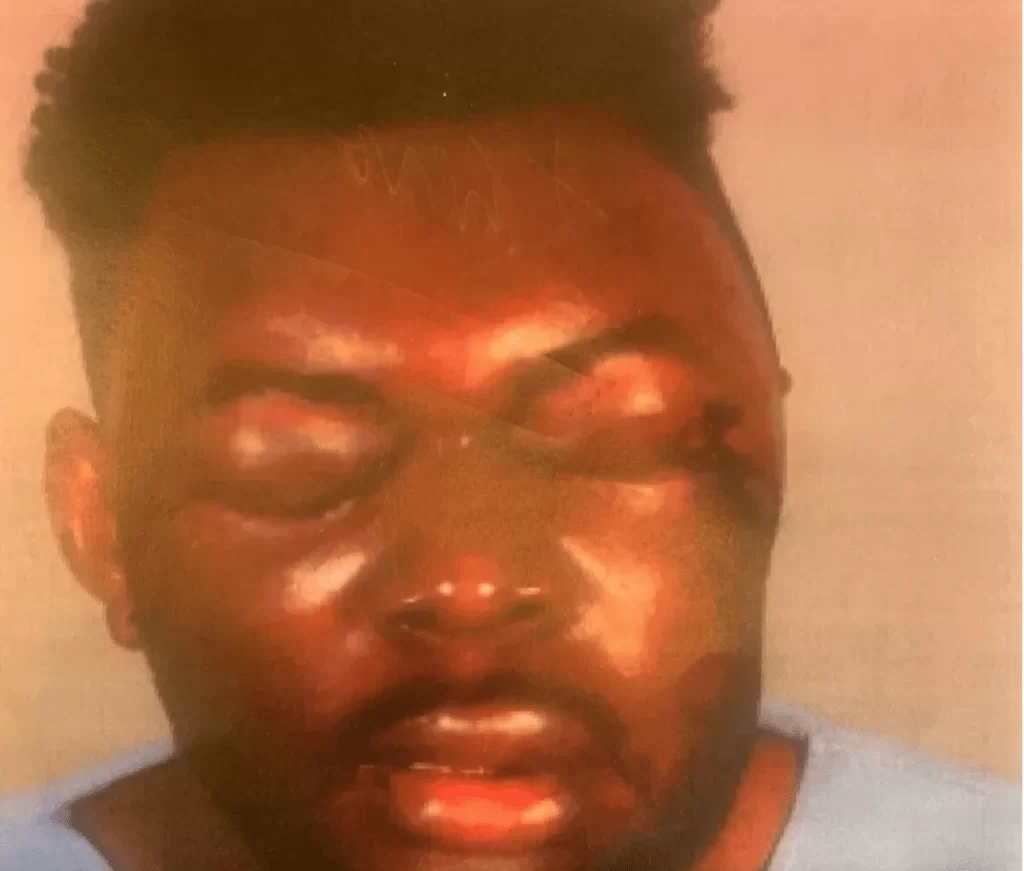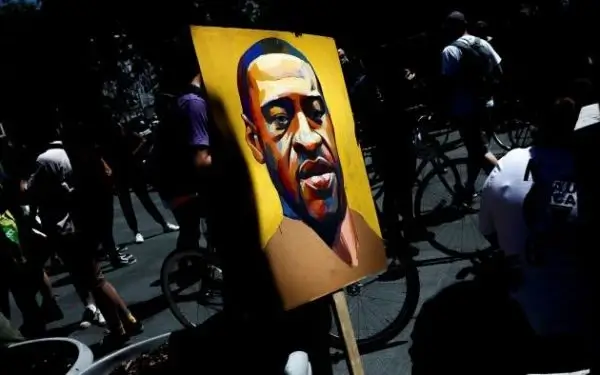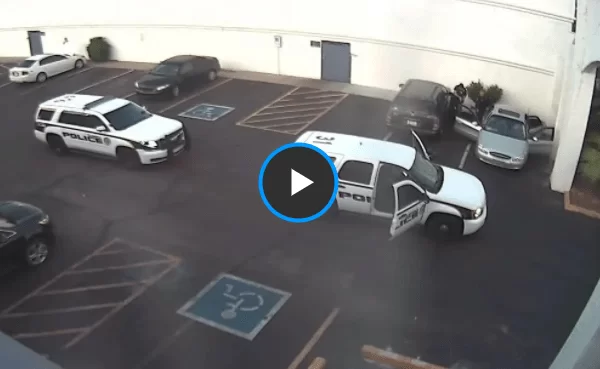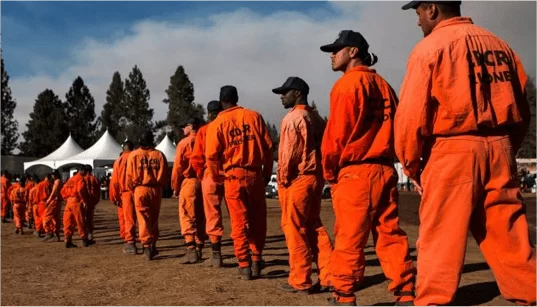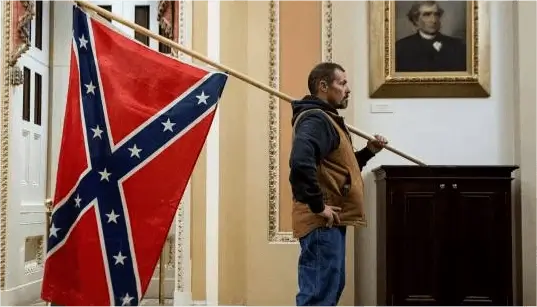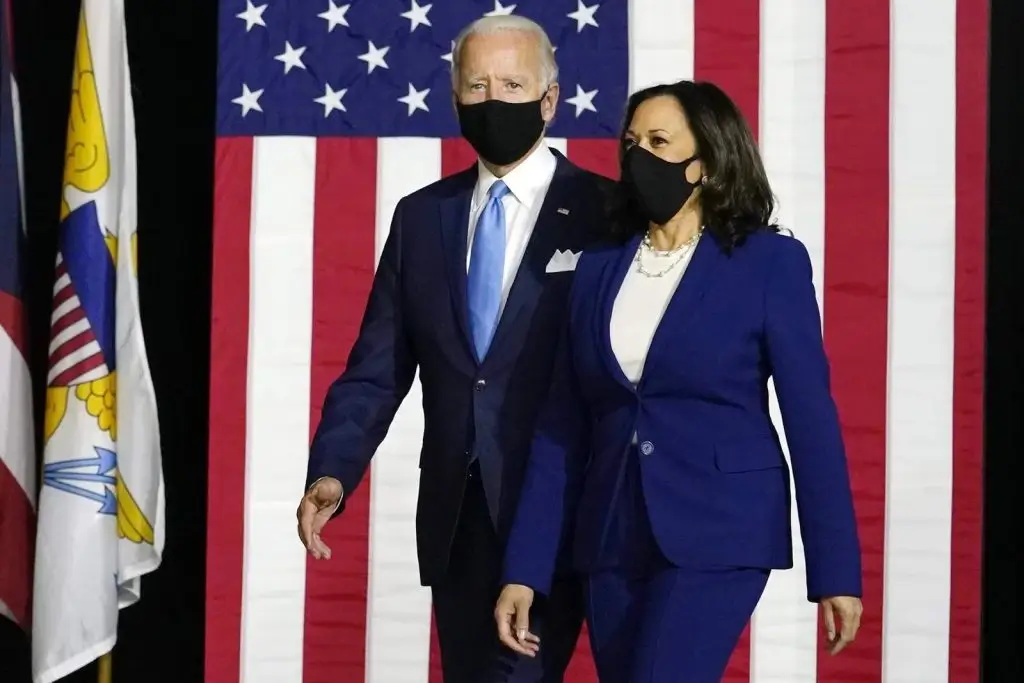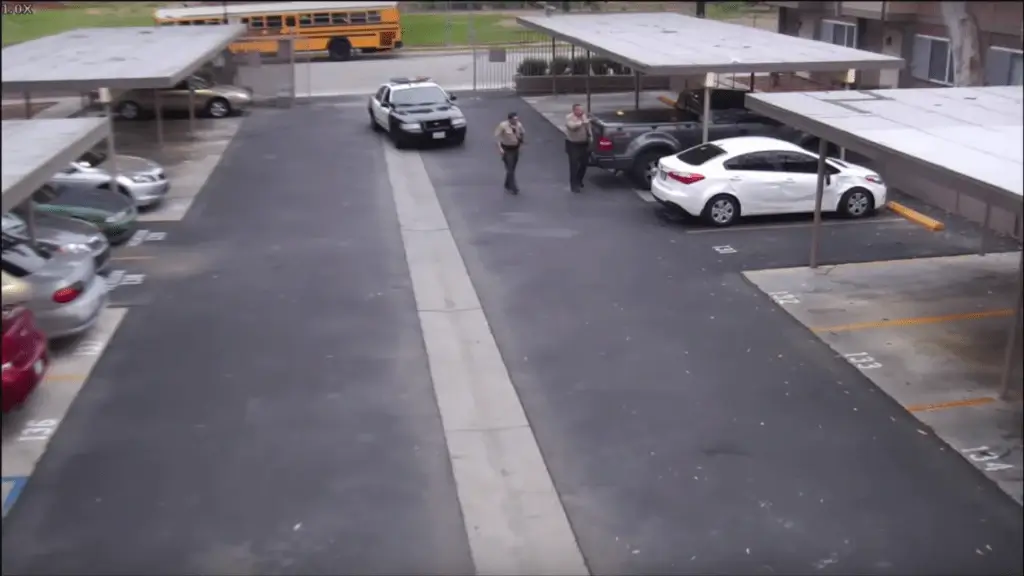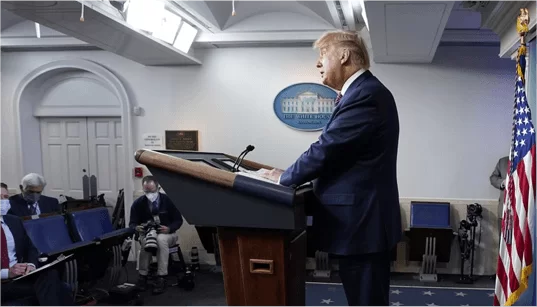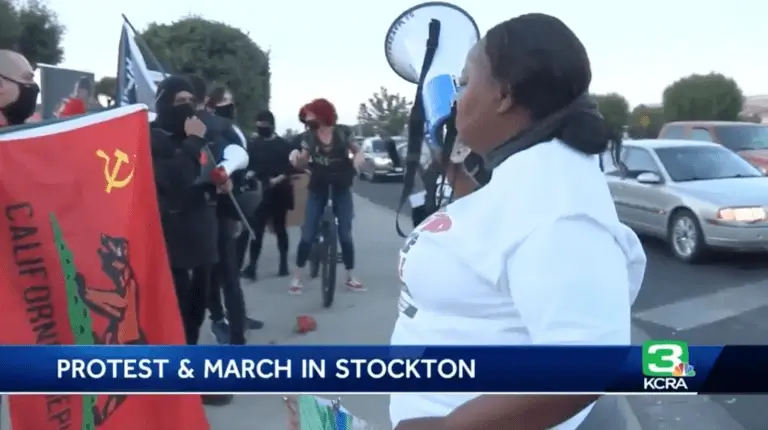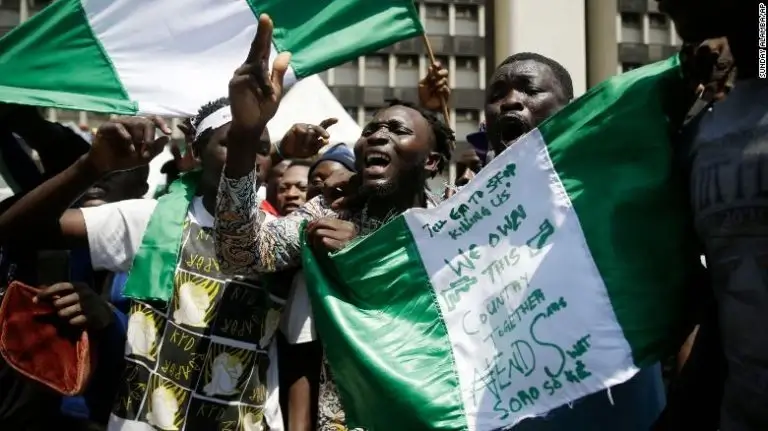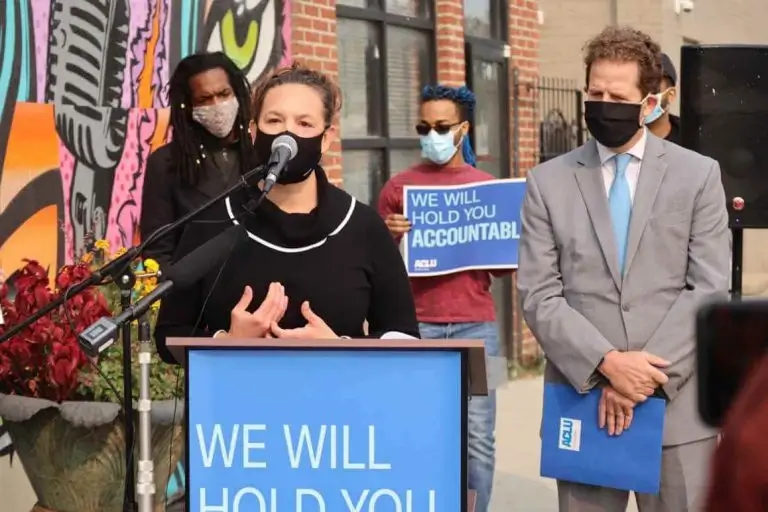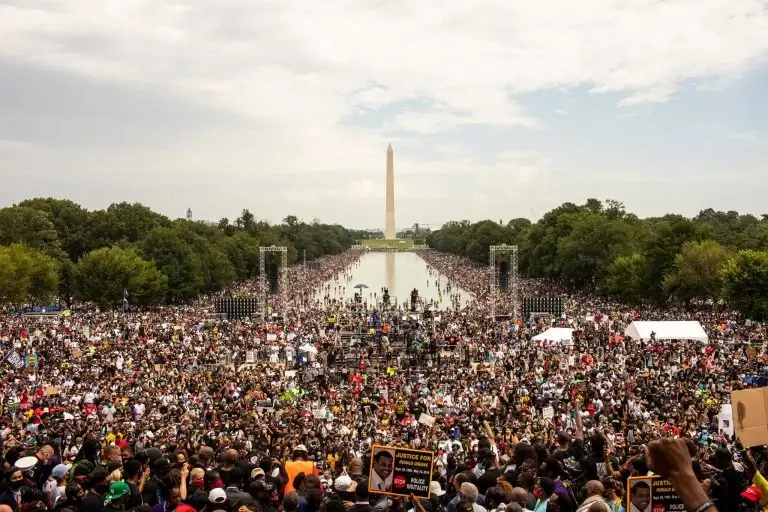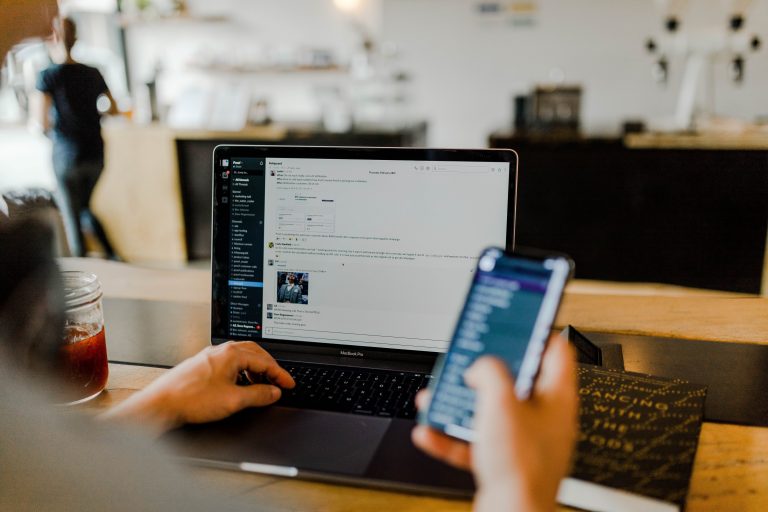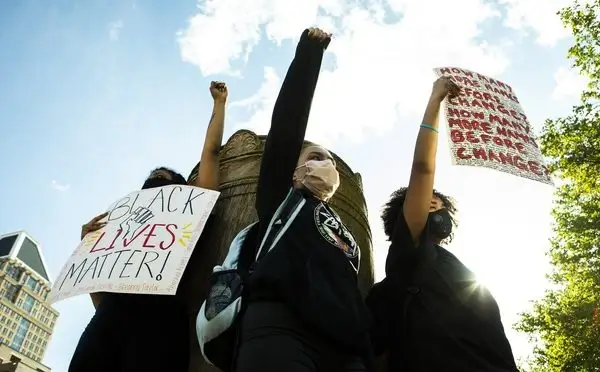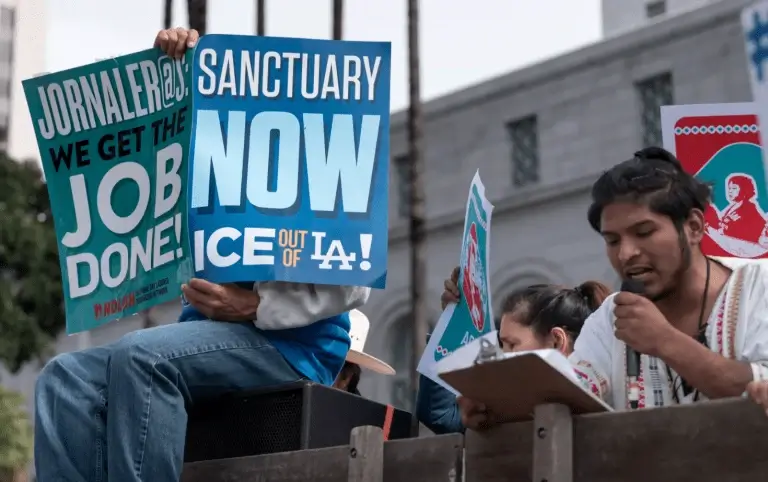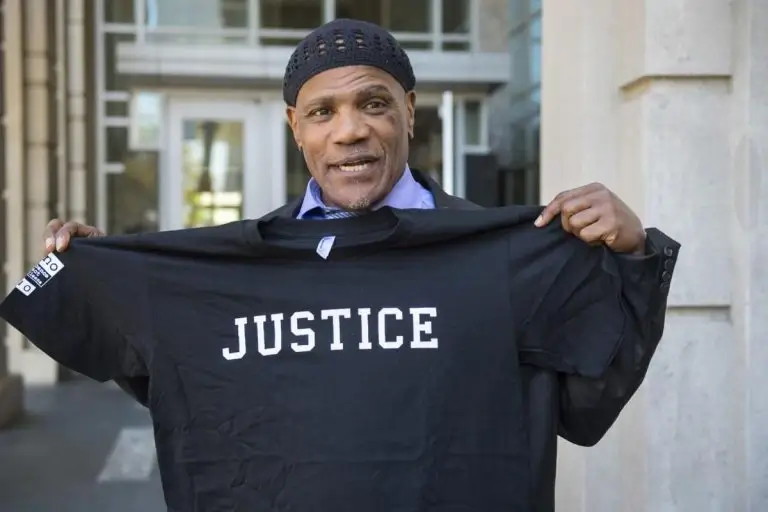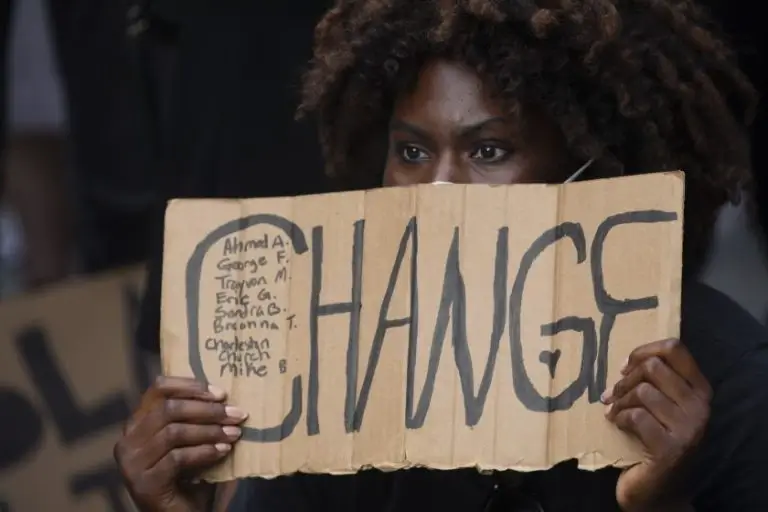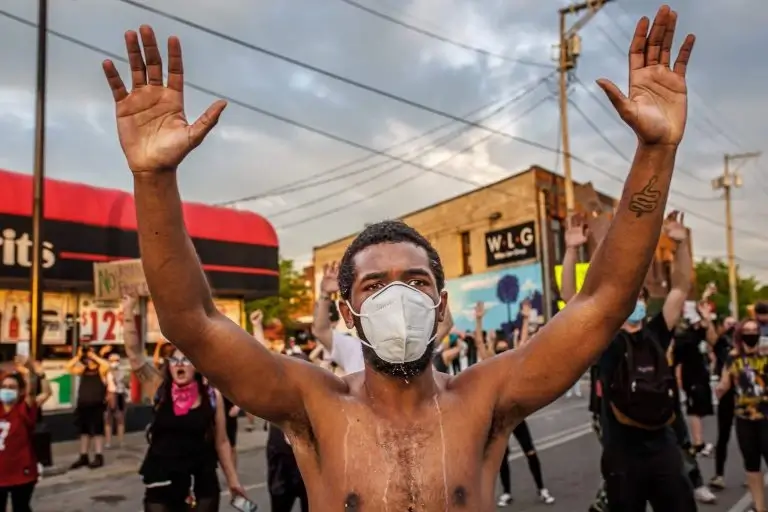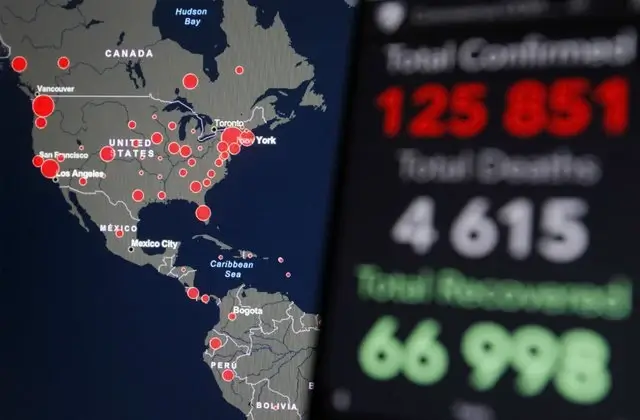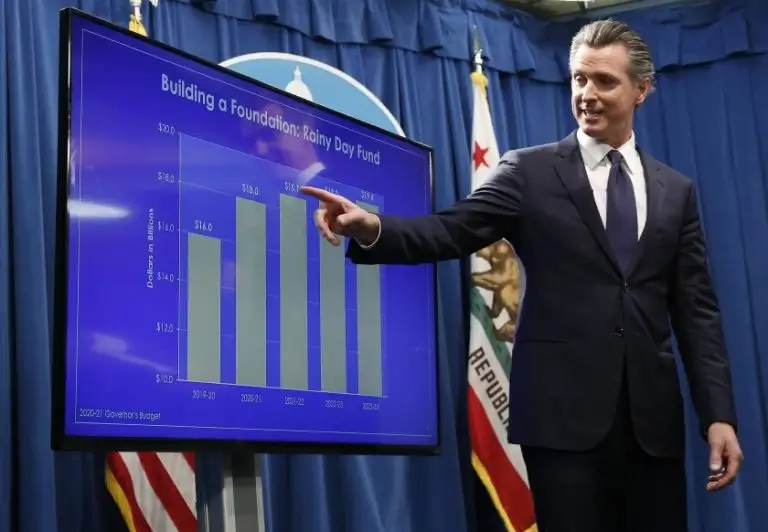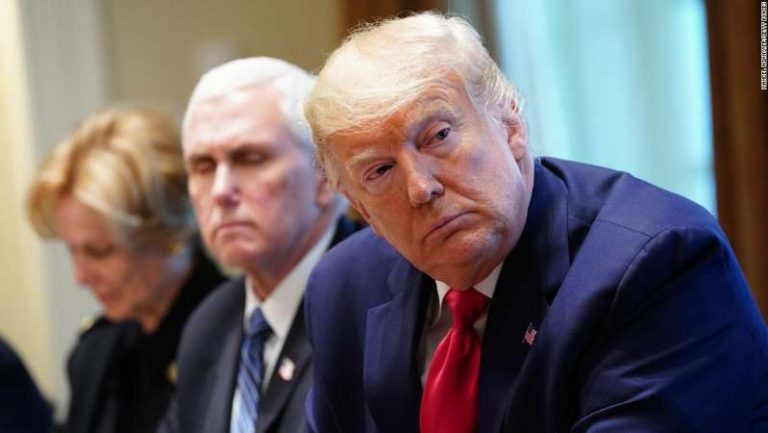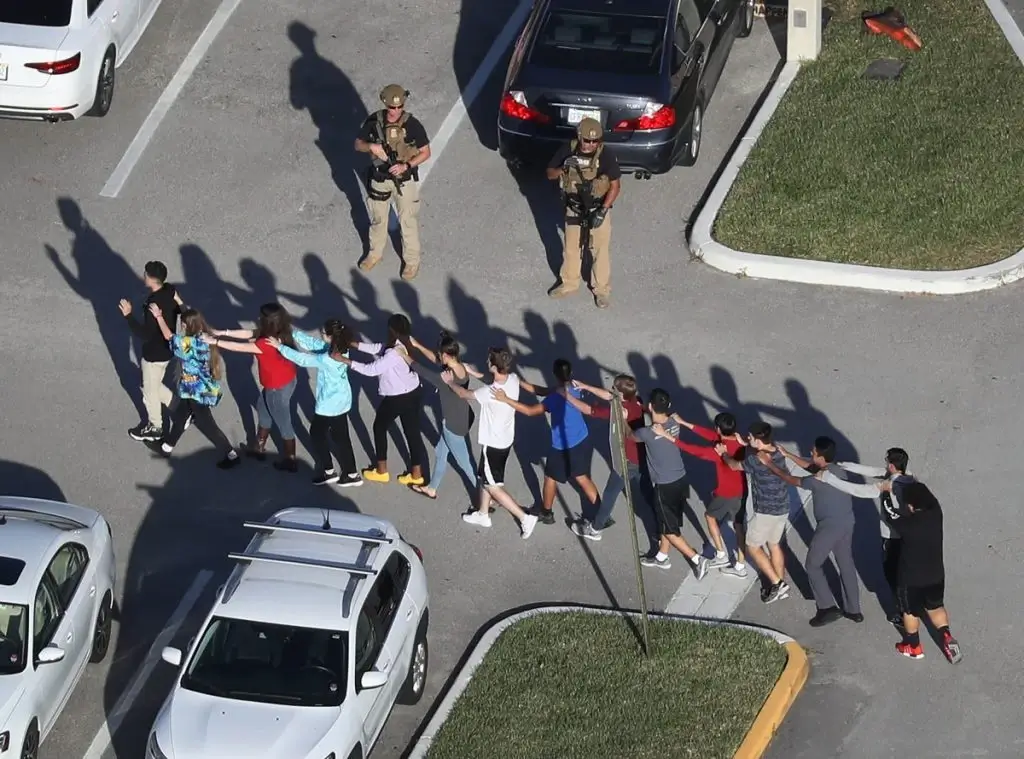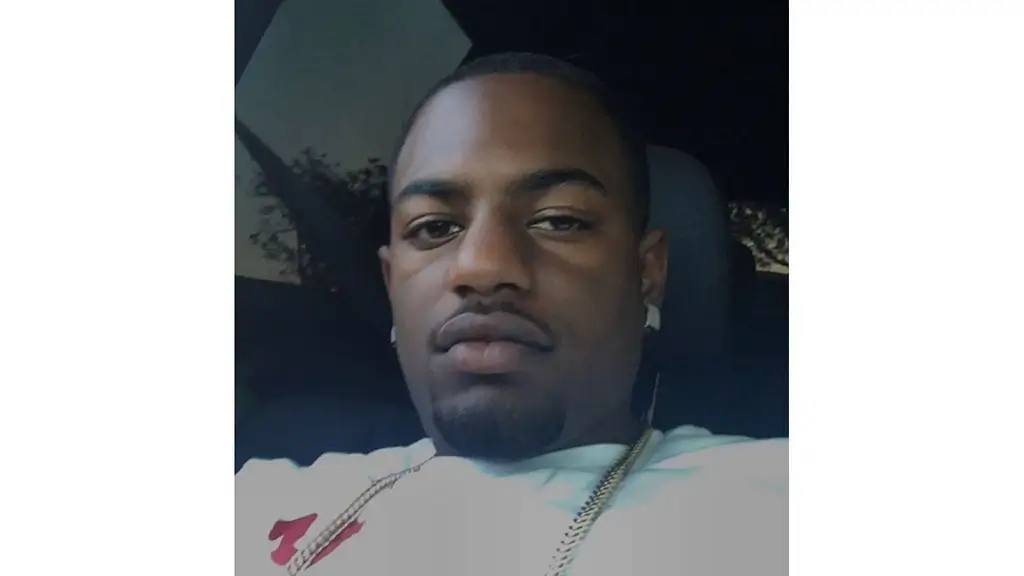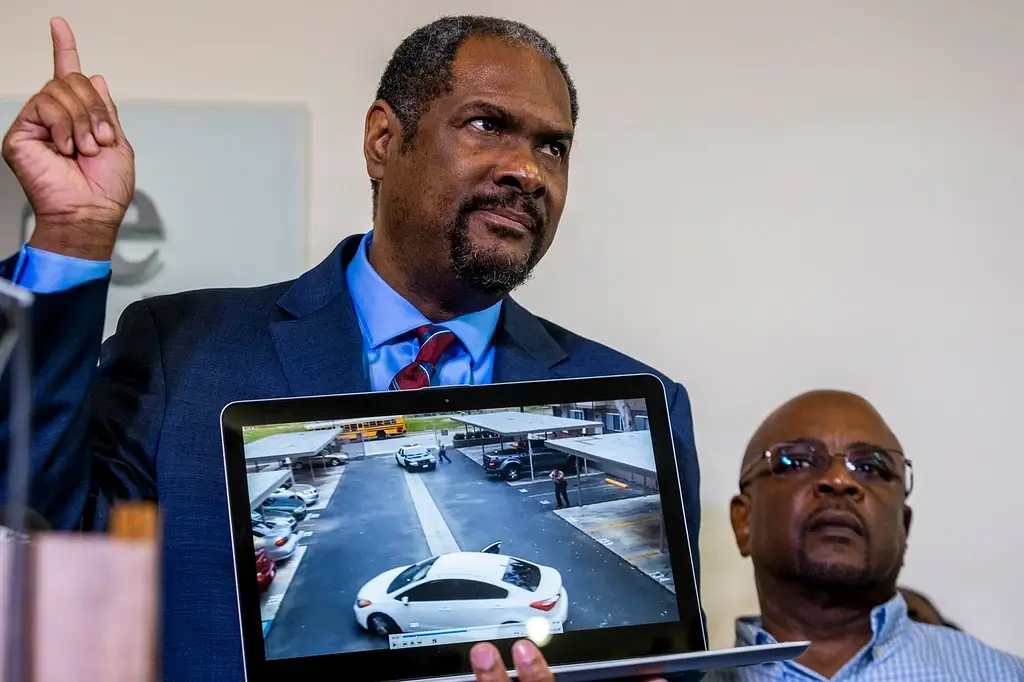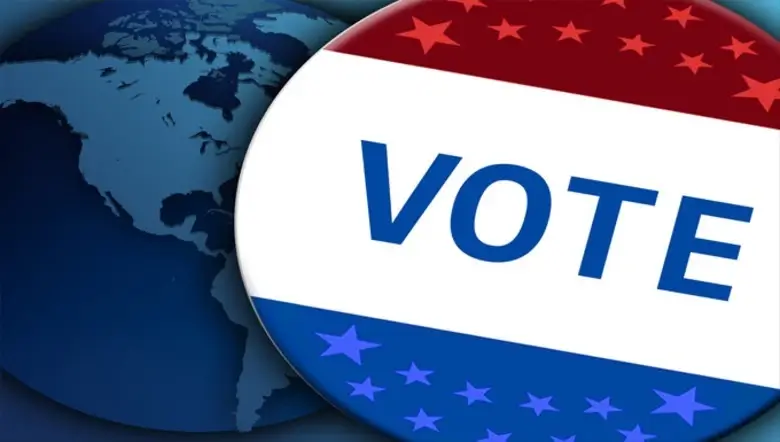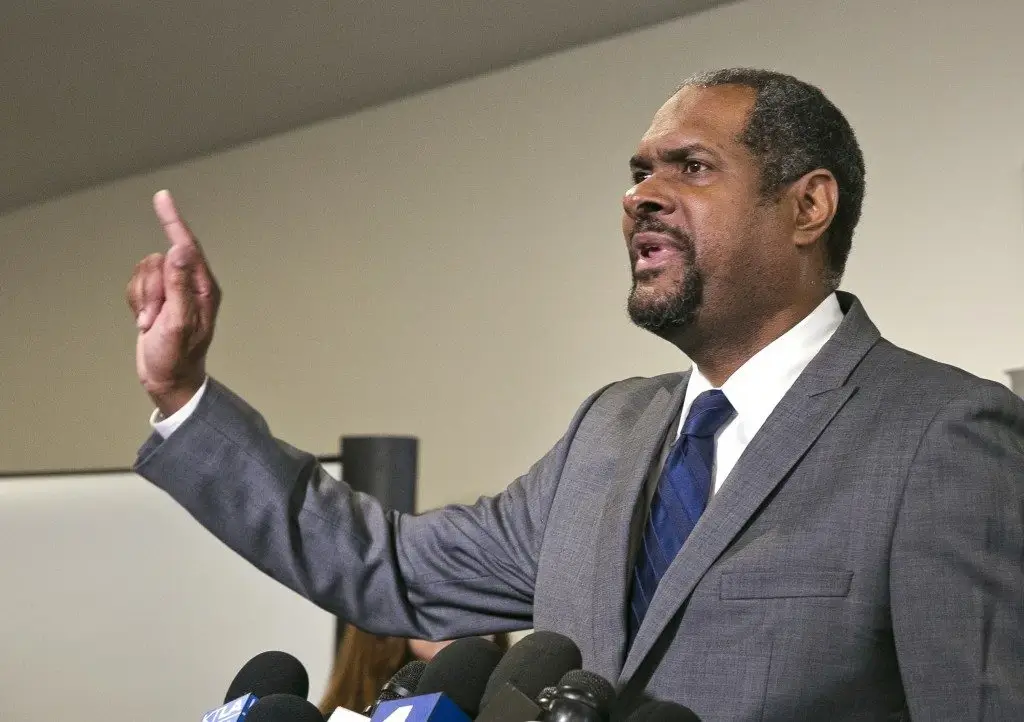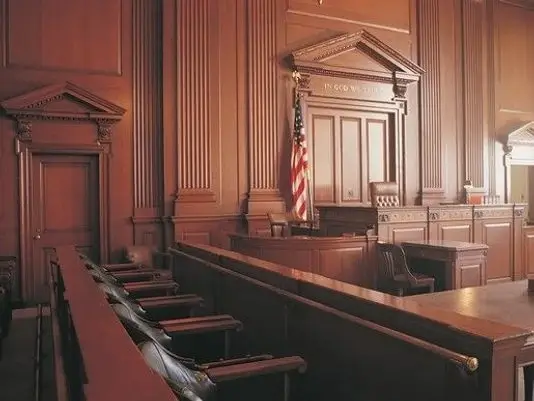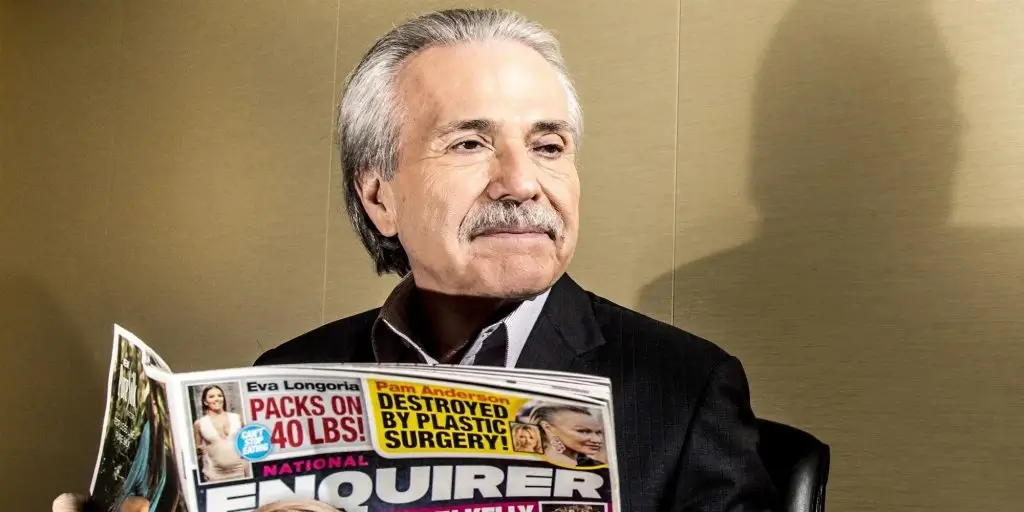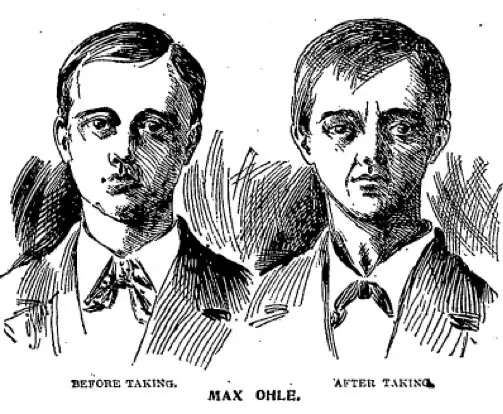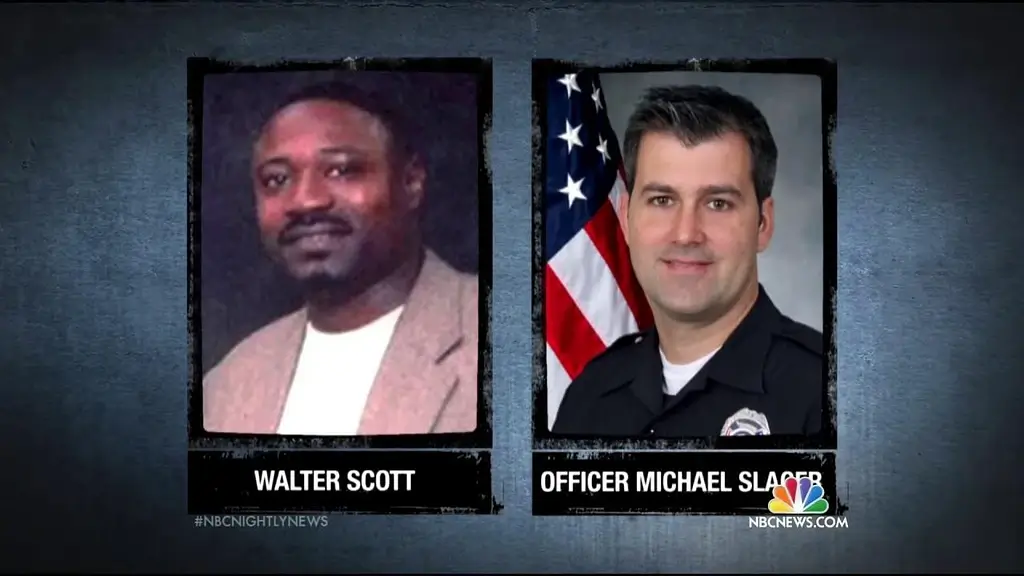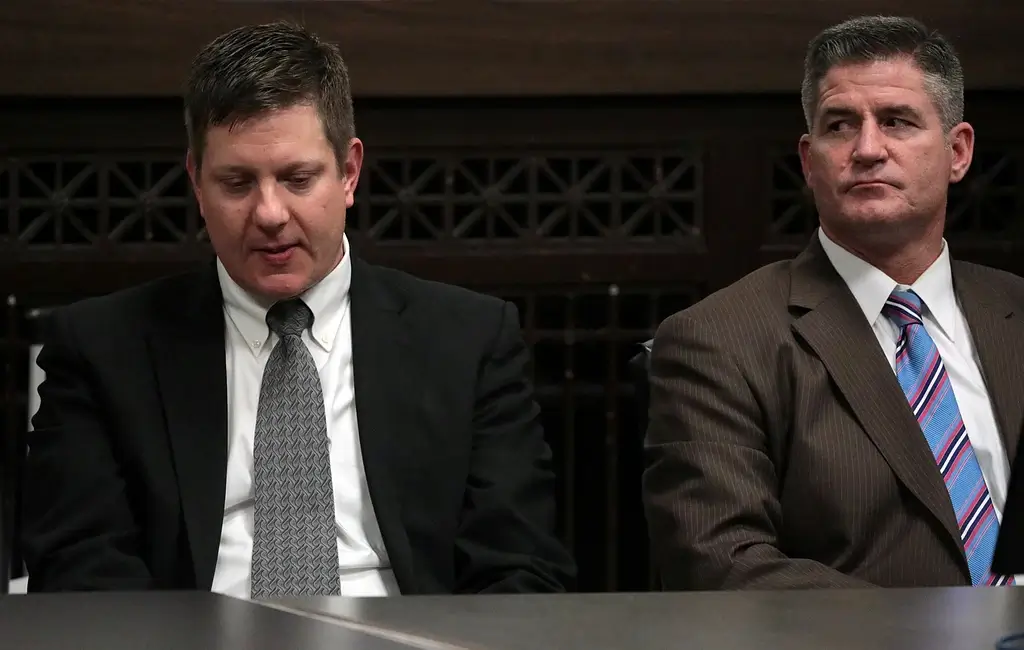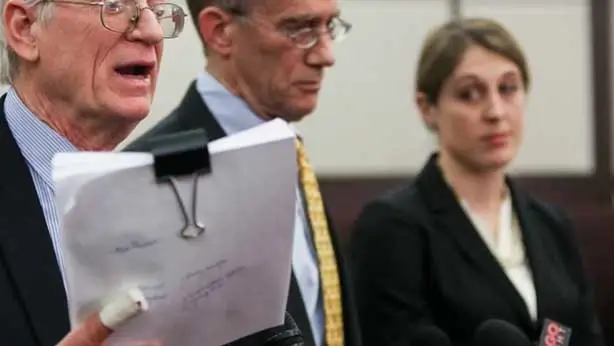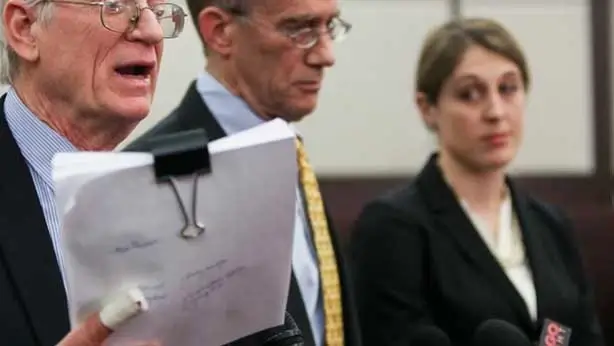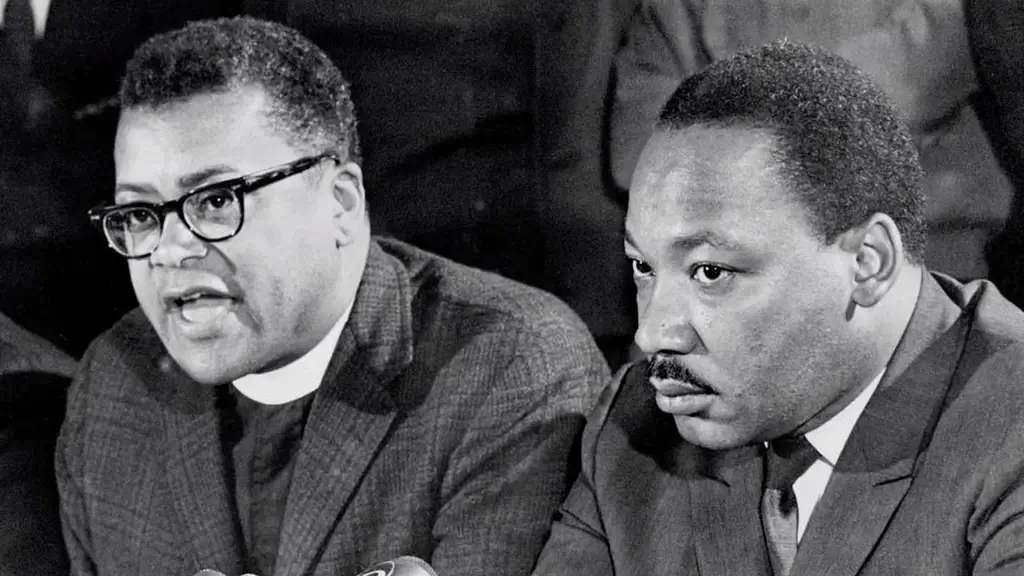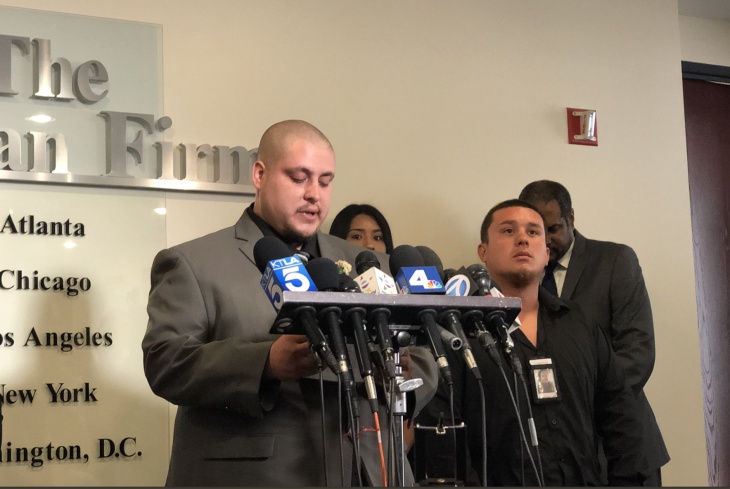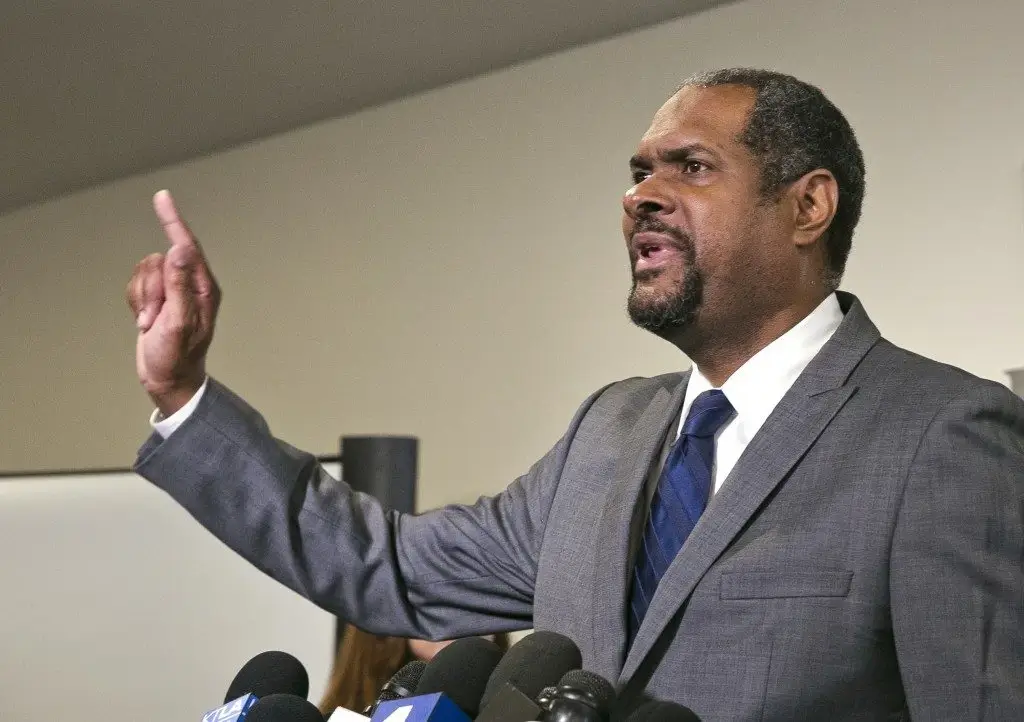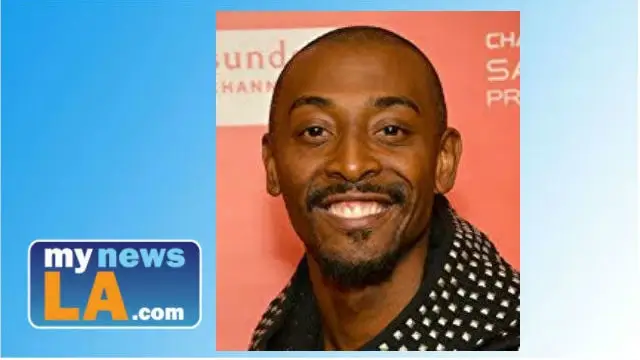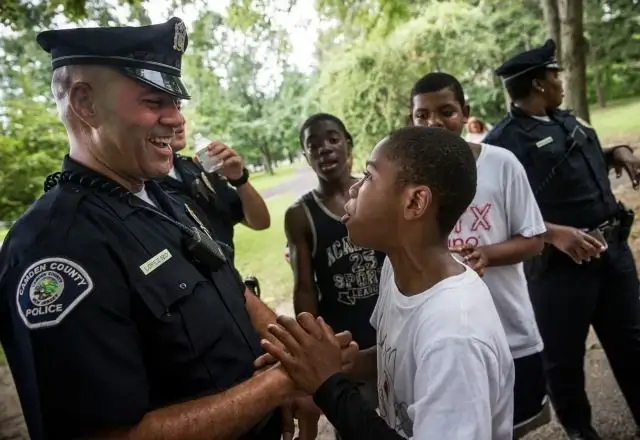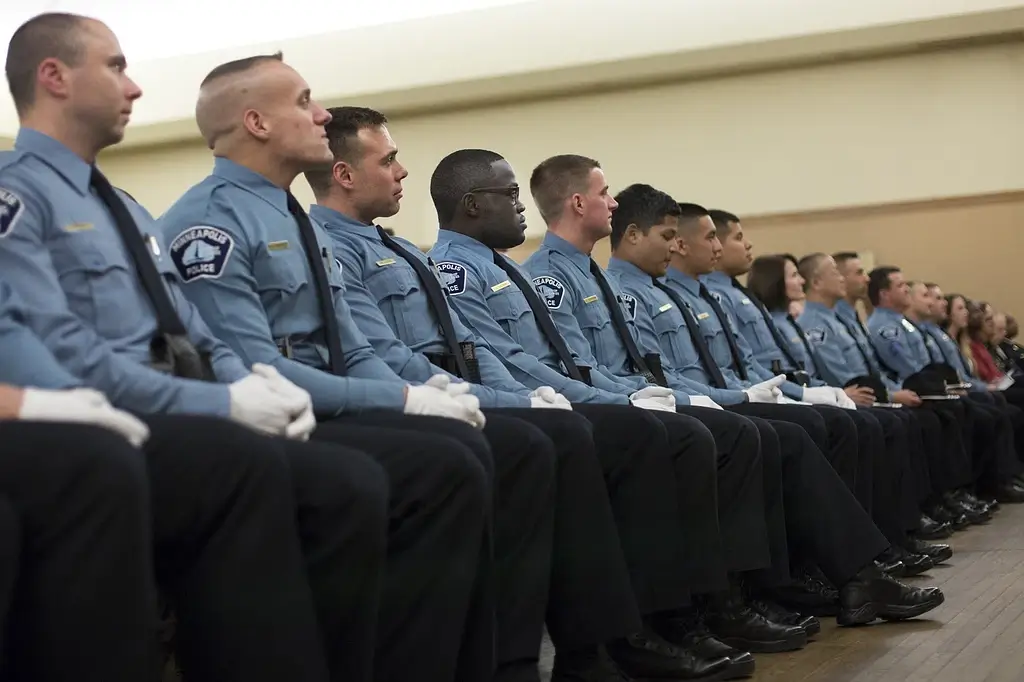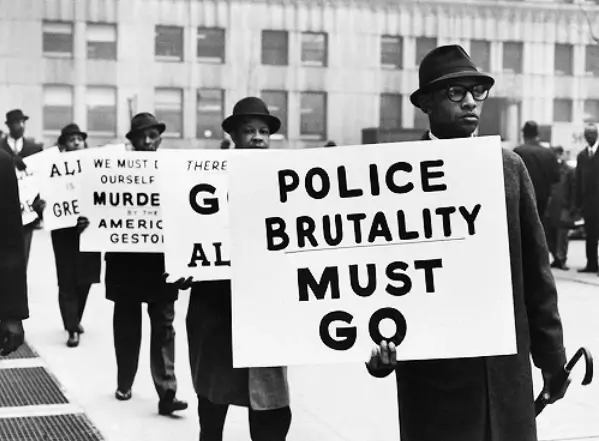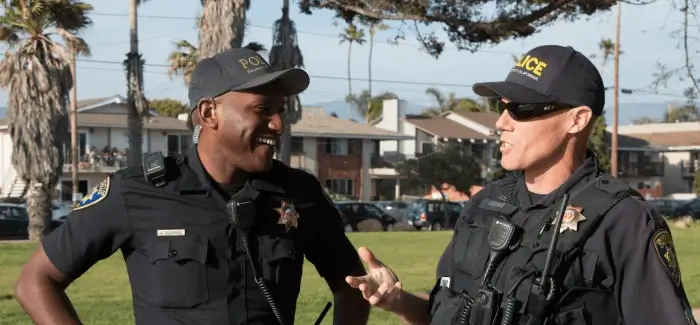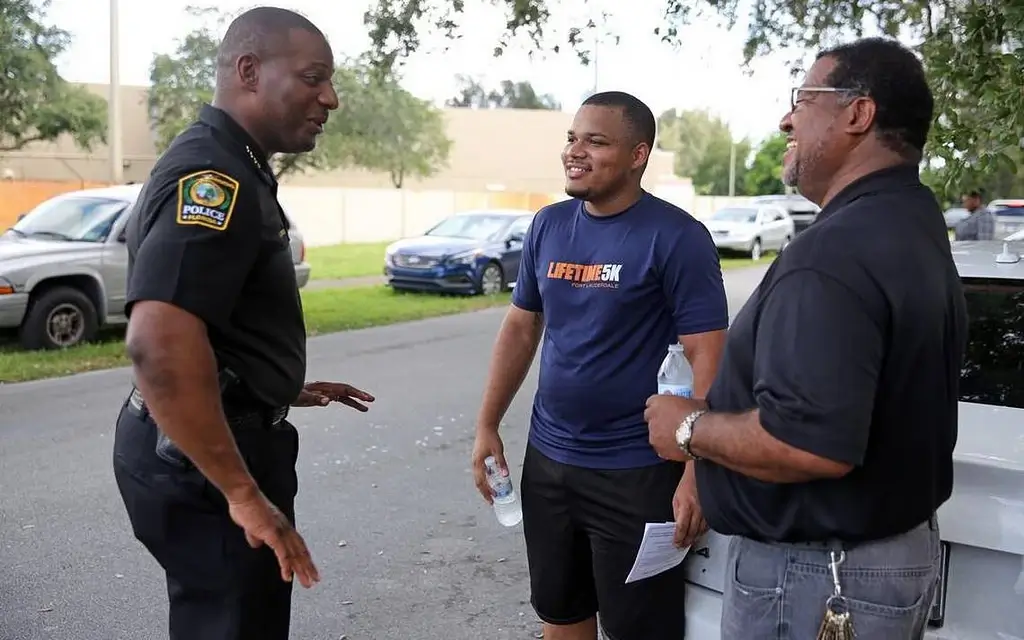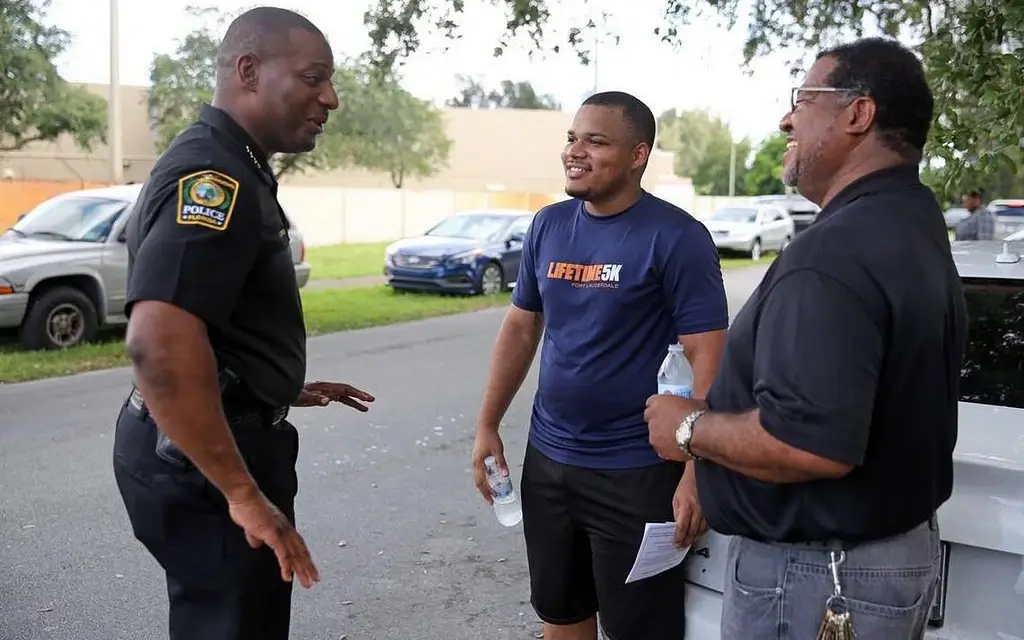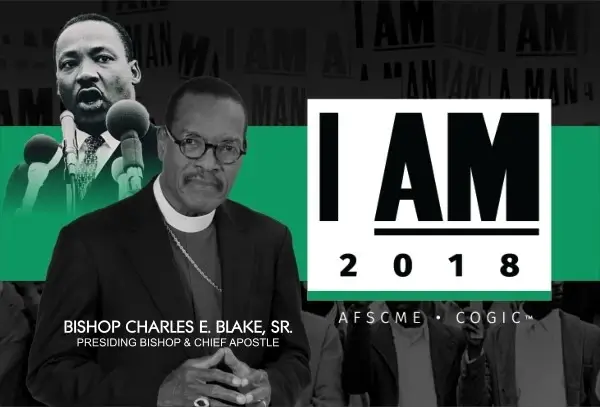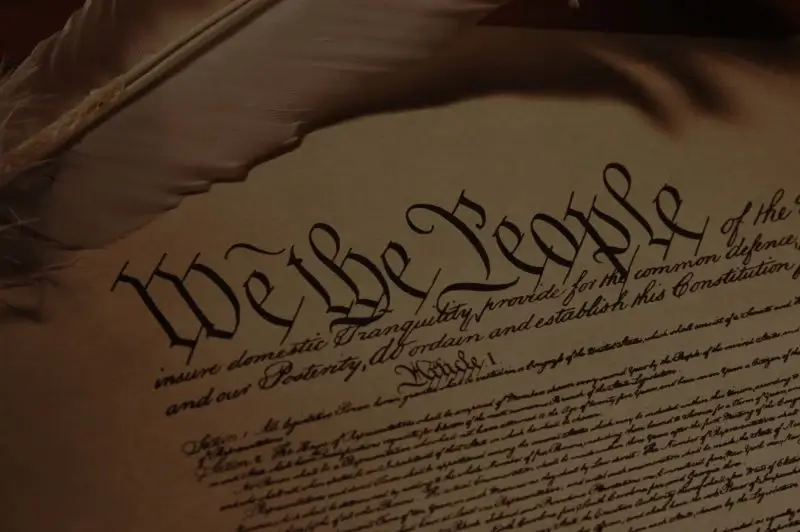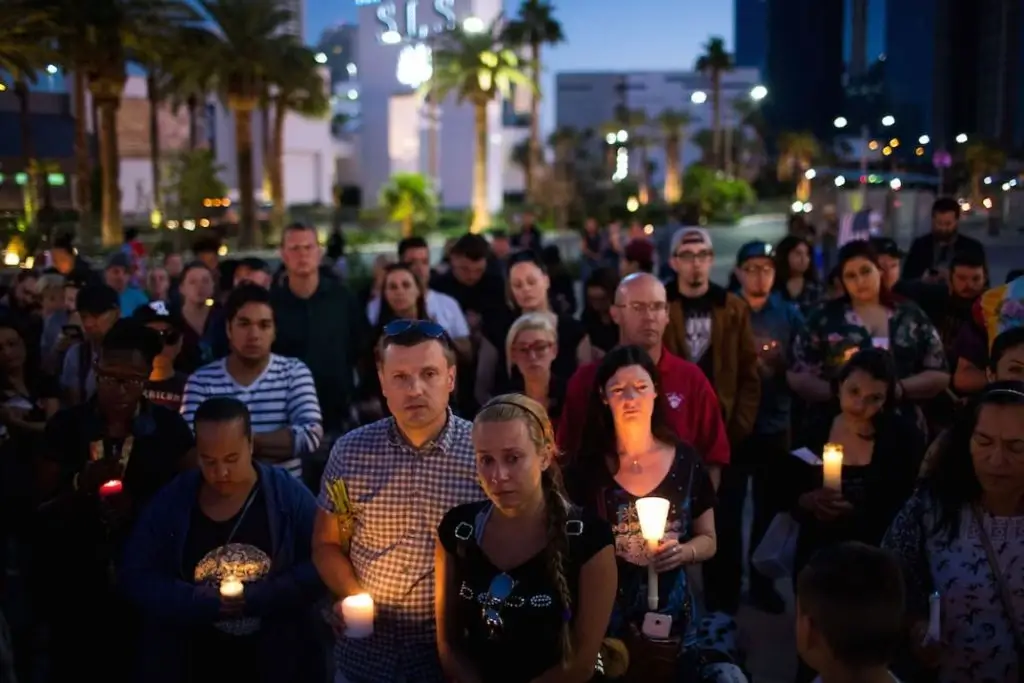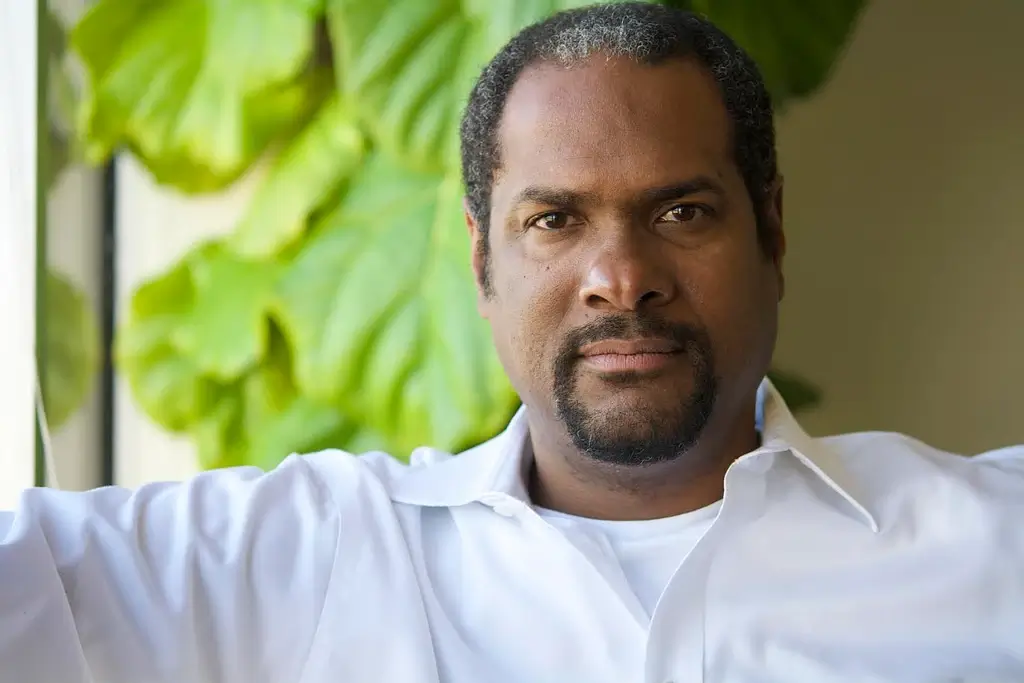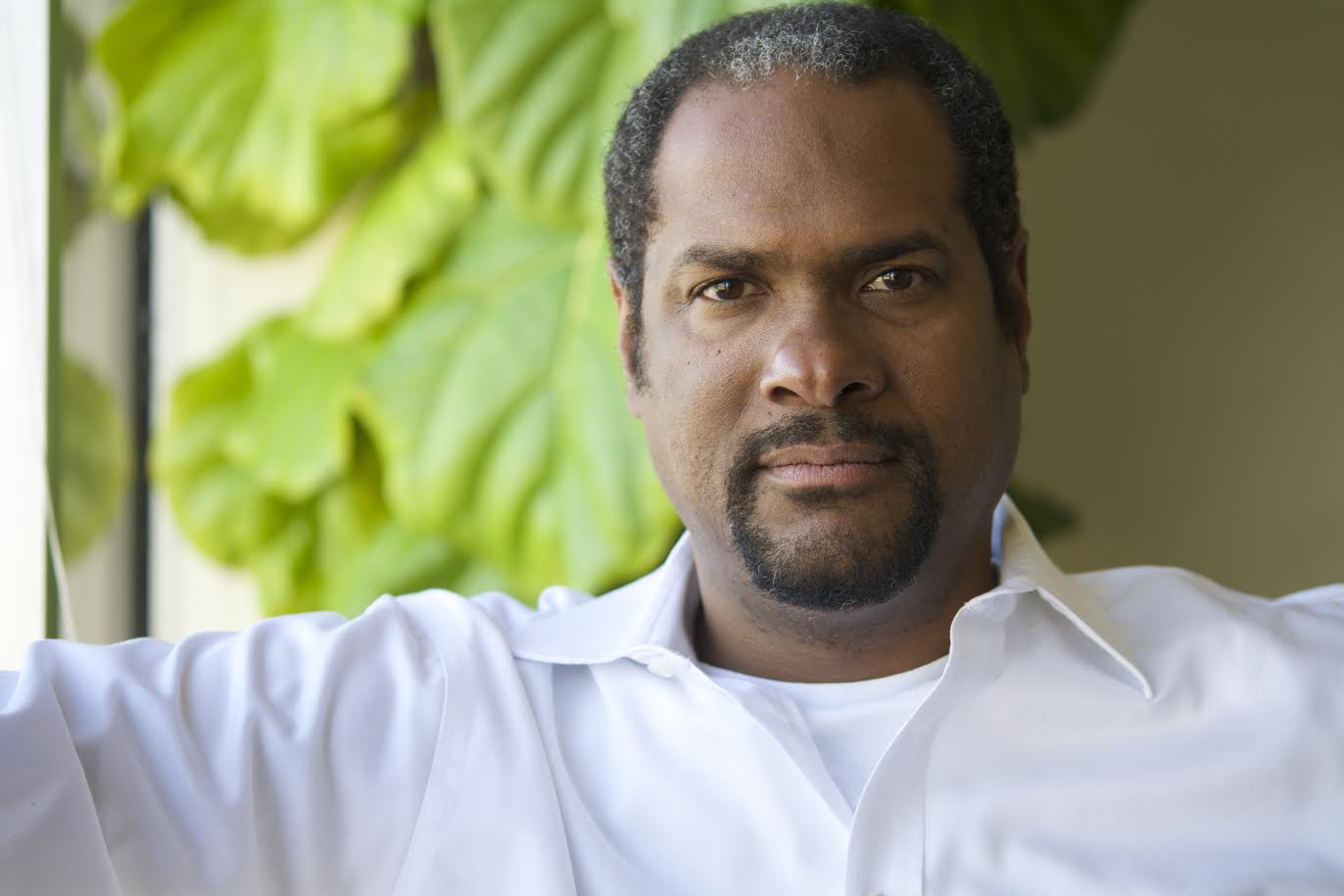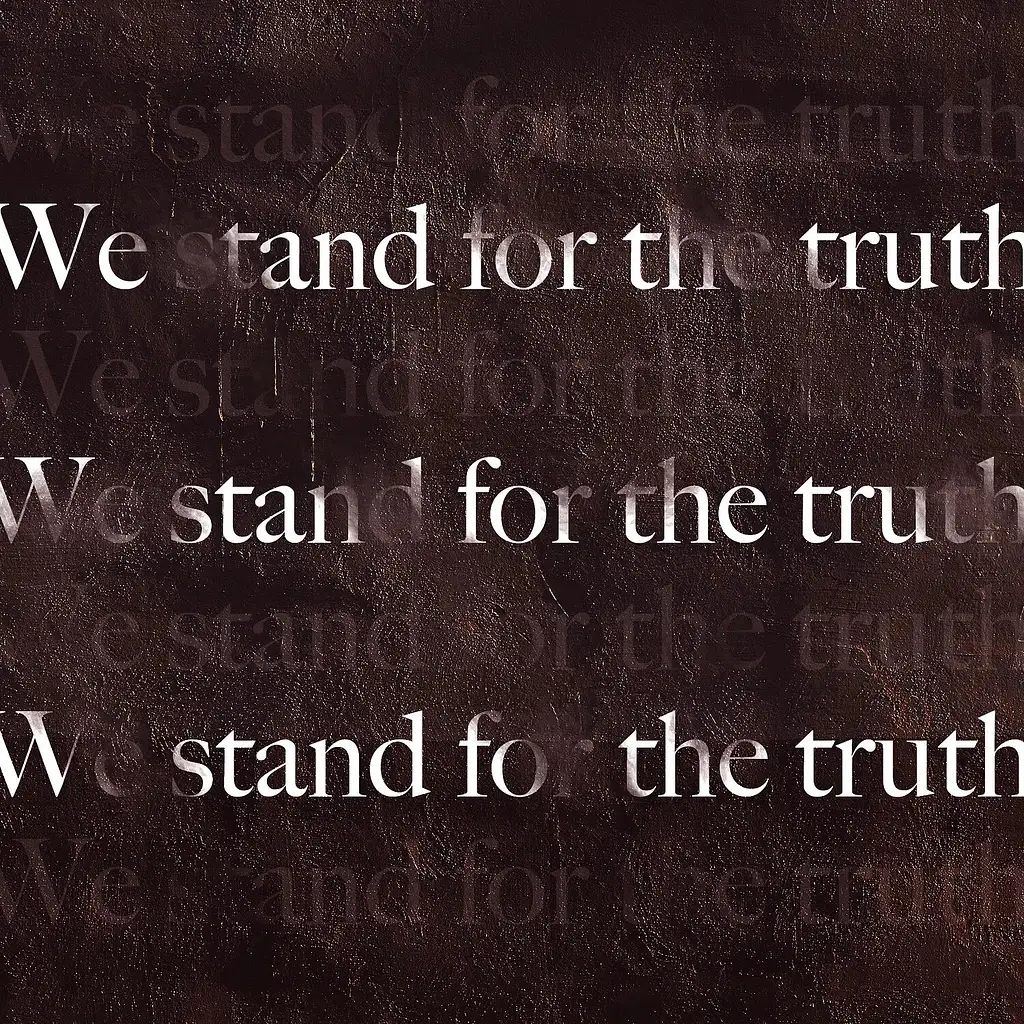Sep
WHO WE ARE
THE COCHRAN FIRM
The Cochran Firm was
founded over 40 years ago by the late Johnnie L. Cochran, Jr.,
one of the country’s most well-known and well-respected legal advocates.
Comprised of
a
select group of lawyers chosen by
Mr. Cochran himself to carry out his legacy, The Cochran Firm provides high-quality,
effective
representation for ordinary
citizens throughout the country.


MEET THE TEAM
OUR ATTORNEYS

Services Provided
PRACTICE AREAS
The Cochran Firm California practice areas in Los Angeles California
WHY CHOOSE US
WHAT MAKE US
DIFFERENT FROM OTHER
-
Rapid
Response Ready.
Your content goes here. Edit or remove this text inline or in the module Content settings.
-
Friendly Experts
Your content goes here. Edit or remove this text inline or in the module Content settings.
-
Thought
Leaders
Your content goes here. Edit or remove this text inline or in the module Content settings. You can also style every aspect of this content in the module Design settings and even apply custom CSS to this text in the module Advanced settings.
-
Experienced
Lawyers
Your content goes here. Edit or remove this text inline or in the module Content settings. You can also style every aspect of this content in the module Design settings and even apply custom CSS to this text in the module Advanced settings.

REAL CASE RESULTS
 $7,500,000
$7,500,000
WRONGFUL DEATH/ OFFICER INVOLVED SHOOTING
 $2,712,350
$2,712,350
WRONGFUL DEATH/ OFFICER INVOLVED SHOOTING
 $3,900,000
$3,900,000
WRONGFUL DEATH/ OFFICER INVOLVED SHOOTING
 $1,000,000
$1,000,000
SEXUAL ASSAULT VICTIM
Millions of Dollars In Civil Rights
Settlements
The Cochran Firm has built and maintained its reputation as a leading Civil Rights law firm by successfully representing hundreds of people who were injured and/or killed by police. Obtaining verdicts and settlements worth hundreds of Millions of dollars for the Victims of Police Misconduct.
LEARN MORE  $5,000,000
$5,000,000
BUS ACCIDENT
 $1,000,000
$1,000,000
TRUCKING ACCIDENT
 $900,000
$900,000
ELDER ABUSE
 $525,000
$525,000
PEDESTRIAN ACCIDENT
We Win Personal
Injury Settlements for our
Clients
If you have been injured in an accident you have two choices: you can rely on an insurance company of the party oresponsible for your injury to provide you with advice or you can call a lawyer, to represent your interest like The Cochran Firm!
LEARN MORE  $735,500
$735,500
RACE DISCRIMINATION
 $500,000
$500,000
DISABILITY DISCRIMINATION
Fighting for Those Hurt By an
Employer
We ensure your employment case is handled with expertise and honesty as we fight for you! We handle cases of discrimination, workplace harassement, and more! Call us today for a no obligation consultation.
LEARN MORETestimonials
WHAT OUR CLIENTS SAY
LATEST UPDATES
TRENDING

GET IN TOUCH
CONTACT US
For additional information, please fill out the quick form on
the
left or Call
323-435-8205.
A representative of the firm will
contact you as soon as possible.








